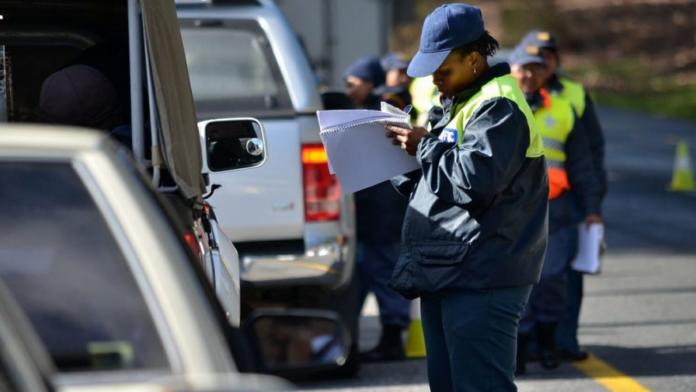The City of Cape Town has opposed the controversial Administrative Adjudication of Road Traffic Offences (Aarto) Act, with a court application to interdict its implementation, and it is reported that Aarto pilots in Gauteng failed to reduce road fatalities.
The City has “no intention” of implementing the Aarto Act
A member of the mayoral committee for safety and security, JP Smith, stipulates the City has “no intention of implementing” Aarto -which includes the licence points demerit system- within its area of jurisdiction.
According to MoneyWeb, the City is currently in cahoots with the Western Cape provincial government on a court application to interdict the implementation of the Administrative Adjudication of Road Traffic Offences (Aarto) Act.
Minister of Transport, Fikile Mbalula, has requested citizens to make submissions for the amendments to the regulations for the disputed Administrative Adjudication of Road Traffic Offences (Aarto) Act, which includes the licence points demerit system, that’s declared to be in full effect from June 2020.
The Organisation Undoing Tax Abuse (OUTA), also opposes this legislation stating Aarto is more likely to cause “road rage” instead of road safety.
The government is accused of using Aarto as a “money-making scheme”
With the Aarto Act, drivers will have to pay between R60 – R240, to check how many demerit points they have, and it will cost R60 per report for copies of infringement reports, and the revenue accumulated from these fines are collected by the South African Police Services and is further split 50/50 between the Road Traffic Infringement Agency (RTIA) and the relevant issuing authority.
The government is accused of using the Aarto Act as a push to make money by “bullying” those who have acquired infringement notices to pay immediately, as the bureaucratic system is not in their favour.
OUTA predicts Aarto will create an expensive “bureaucratic tangle”
The organisation is submitting detailed comments to the government on their opposition and has suggested changes, to the existing road system be considered, before Aarto’s “complicated system” is placed in legislation.
OUTA states that the Aarto Act regulations create a “bureaucratic tangle”, which will cost as much money as possible, leaving motorists frustrated and more defiant; as the form for an infringement notice -Aarto 3a form- lists 33 pieces of information to be provided on the driver’s side, and some “optional extras”.
“There’s a nasty new “infringement penalty levy” of R100 charged on every infringement committed: this is in addition to the fine and there’s no discount on it. Those who can’t afford the fines but make arrangements to pay them off are penalised by losing the discount. Contesting fines is risky, those who pay within 28 days get a 50% discount.”















